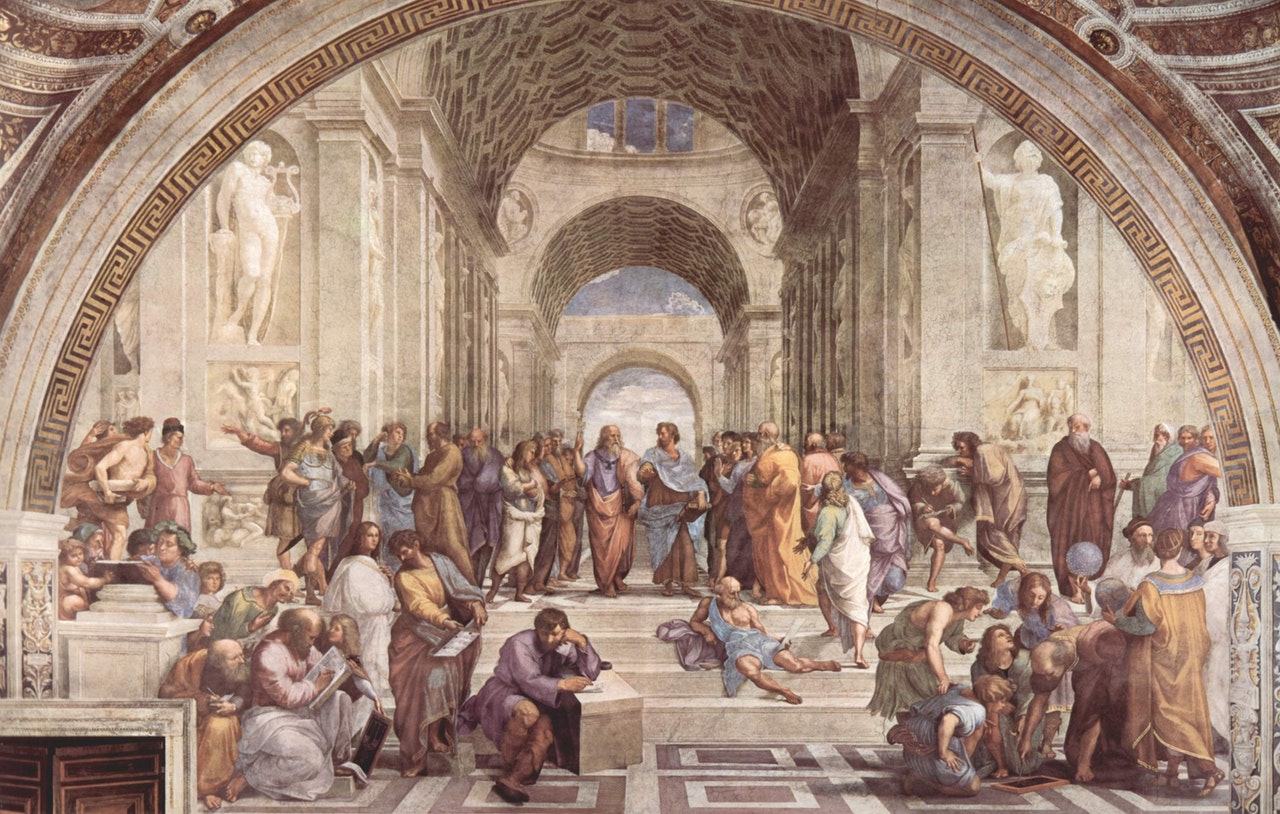Reflection for the 3rd Sunday of Lent. Year B. 2018
– By Fr Ugo Ikwuka
Archway, London
A robber accosted a priest, pulled a gun at him and demanded, “Your money or your life!” As the priest reached for his coat pocket the robber saw his white collar and exclaimed: “So you are a priest? Then you can go.” The priest was rather surprised at the robber’s piety and so tried to reciprocate by offering the robber his packet of cigarettes, to which the robber replied: “No, Father, I don’t smoke during Lent.”
Friends, like the desert and the mountain which we saw as places of encounter with God in the first and second Sundays of lent, the Temple which we see this third Sunday is, for the first century Jewish community, the ultimate place of encounter with God.
Built at the summit of Mount Zion, it was the place heaven and earth met.
However, unlike the glorious face of Jesus seen on the mountain of transfiguration last Sunday, this time around we see the angry face of Jesus as he used a whip of cord to drive out and knock over the tables of those who were selling and turning the House of God into a business centre.

Jesus is unhappy that the Temple is compromised as the religious leaders put rituals over morality.
In ensuring that worshippers were supplied with high quality animals for sacrifice and that “unclean” Roman monies were exchanged for the “clean” Jewish monies, they couldn’t mind that the decorum of the Temple is undermined. And they thrived in such “spirituality” even as they plotted to kill Jesus.
Like the robber who keeps the pious observance of giving up smoking during Lent while neglecting the more fundamental commandment “Thou shalt not steal”, pleasing God for these religious leaders became something one does in the rituals of the Temple and not in one’s relationship with people.
The prophets constantly remind the Jewish nation that corruption has crept into the Temple and that false gods are even being worshipped there.
Hence, as they awaited the Messiah, one major expectation was that he would cleanse and purify the Temple when he eventually comes. This is exactly what Jesus does as he turns the Temple once more into a place of prayer, a place of encounter with God.
Angered by his action, the religious leaders asked him for a sign to justify what he was doing.
Jesus replies: “Destroy this sanctuary, and in three days I will raise it up.” They retorted: “It has taken 46 years to build this temple and you can raise it in only three days?”
This was indeed true and, in fact, the building was yet to be completed at this time. But Jesus was speaking about another sanctuary, another temple where God lived – his own body, which will be destroyed in death but which will be restored to life after three days as we shall celebrate at Easter.
It was impossible for the Jews to accept that the Messiah, their Saviour and King, could suffer so disgracefully, not just in the hands of the enemies but in the hands of his own people. That just could not be; God could not allow it.

Hence, as St. Paul explains in the Second Reading, to the Jews, the death of Jesus was (and has remained) a stumbling block, a scandal. And to the Gentile pagan world as ours today, where power, domination and influence count, the idea that someone executed like that, and with common criminals, should be worshipped as Lord was also nonsense, something laughable. But those who see with the eyes of faith recognize the power of love in that death.
Writing to the Corinthians (1Cor. 6:19), St. Paul reflects the mind of Jesus as he declares: “your bodies are the temples of the Holy Spirit.” This is a very grave statement coming from a Jewish Rabbi, a Master of the Law, who knows the significance of the Temple.
Paul implies that the true dwelling place of God is now no longer in a building (Temple) in Jerusalem but in the very bodies of the followers of Jesus. And that’s why he enjoined us in Romans 12:1 to make our bodies a living sacrifice, acceptable to God.

If we are meant to be Temples where God is praised, that means every aspect of our life – our mind, our will, our heart, our body, our sexuality, our family life, our friendships, our entertainment are meant to be turned to the Lord, to be dedicated to Him, to be a sweet offering, a living sacrifice of praise to the Lord.
Now, imagine that you allow Jesus enter into the Temple of your body, into your life, with that whip of cord right now for some kind of ‘industrial’ cleaning. What will happen?
A lot will be found that needs flushing out.
Lent is the time!

Let Jesus lose in the Temple of your body! Let him swing the whip of cord around. Let him knock some things over. Whatever is in you right now that is not dedicated to God needs to be turned over.
The First Reading gives us the timeless passage in the Book of Exodus that lists the Ten Commandments which correspond to the fundamental principles of the natural Law – those moral imperatives planted deep within our souls.
Meditating on them could guide us on this searching moral inventory to see how we are doing in the inside.




